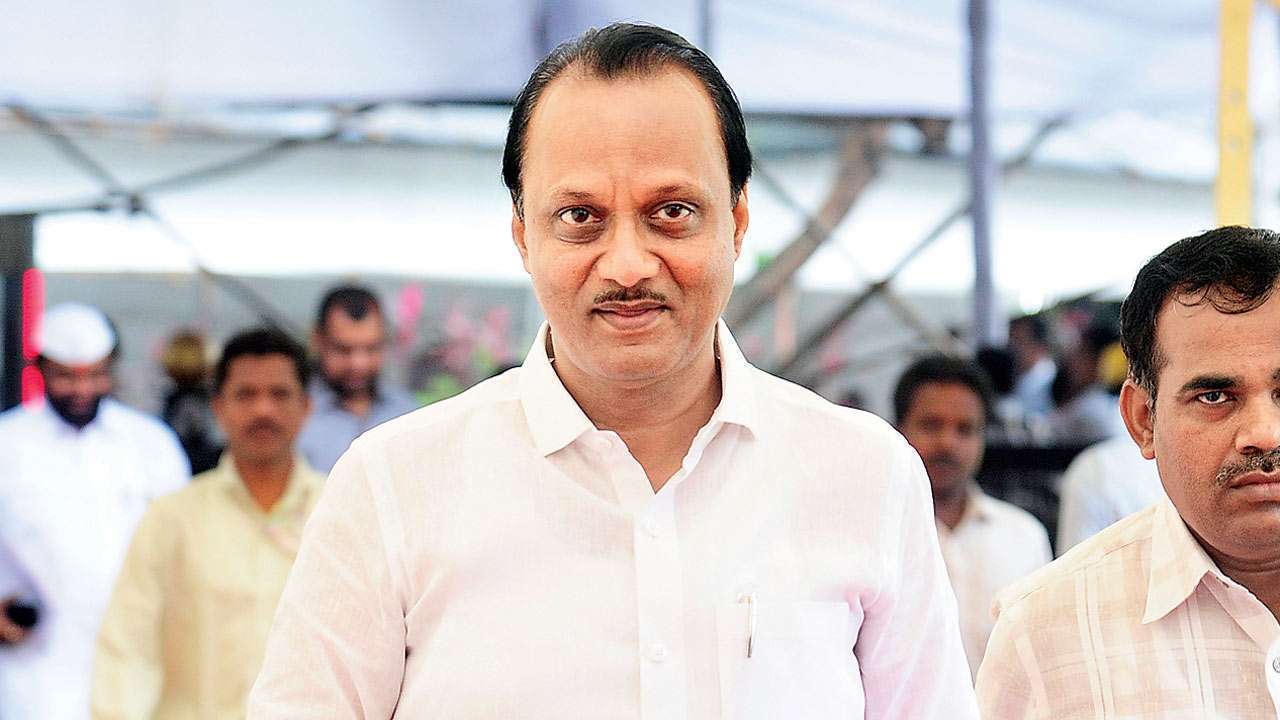
Maharashtra’s Deputy Chief Minister, Ajit Pawar, has unveiled a significant initiative for the upcoming elections, declaring that a child’s identity will now include both the mother’s and father’s names. The announcement, made during a press statement, outlines the implementation of the Fourth Women’s Policy in Maharashtra. According to this policy, a child’s name will incorporate the names of both parents, with the mother’s name preceding the father’s, followed by the surname. Pawar shared this development at an event in Pune on Sunday.
Highlighting the growing trend of people incorporating their mothers’ names in social media accounts and official documents, Pawar expressed the intention of the women’s policy to officially recognize and endorse this practice. Conceived by Women and Child Development Minister Aditi Tatkare and endorsed by the state cabinet, the policy aims to underscore the significance of women in both households and society. “We already know that the father’s name is included as the middle name of the child, but in the past few years, many people have started including their mother’s name on social media and even for official documents,” remarked Ajit Pawar.
Pawar also drew attention to a crucial aspect of the proposal related to property ownership. He stated that purchasing a home in the wife’s name instead of the husband’s would result in a lower tax burden, with a reduced 5% tax compared to the 6% tax levied on properties in the husband’s name. As the Finance Minister, Pawar encouraged males to consider this alternative when investing in real estate, citing potential family savings. According to him, buying a flat in the wife’s name could lead to savings of Rs 50,000 for a Rs 50 lakh property.
“If a flat is purchased in the name of the man (husband), it attracts six per cent tax, but if it is bought in the wife’s name, then only five per cent tax will be levied, thus resulting in savings for the entire family,” explained Pawar.
Assuring more progressive measures, Pawar hinted at the introduction of effective initiatives in stages through the state’s upcoming women’s policy, aimed at fostering empowerment and independence among women.















